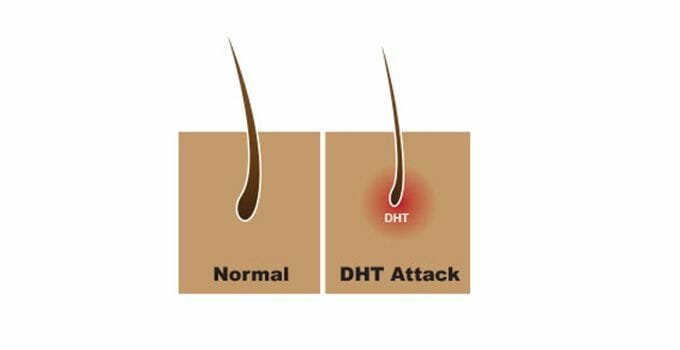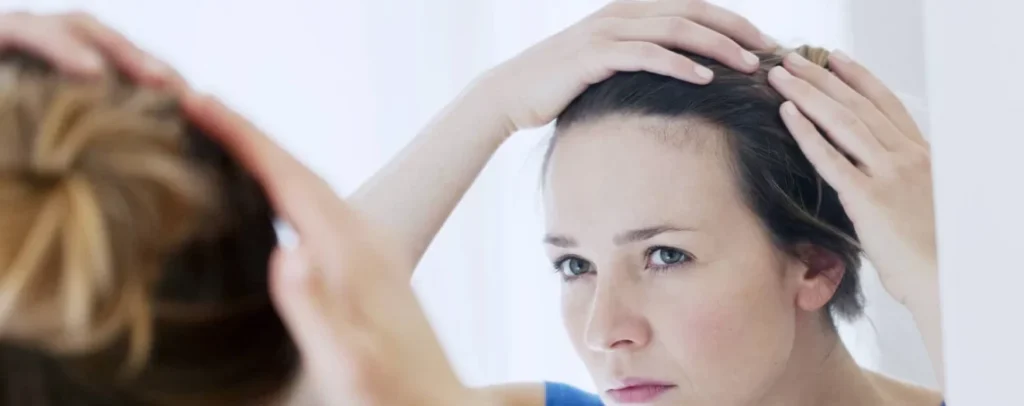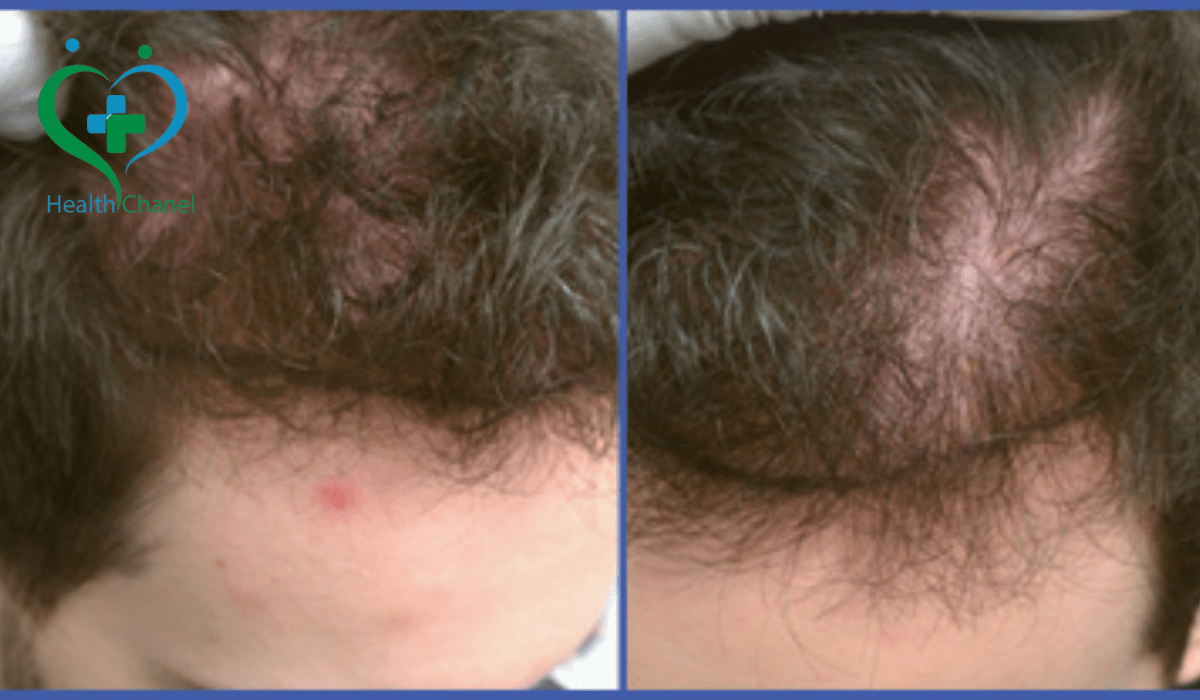If you’re using or considering creatine as a supplement, you’ve probably heard the whispers: “Does creatine cause hair loss?” The idea can be unnerving, especially if you value both your gains in the gym and the hair on your head. Creatine is one of the most popular and well-researched supplements for improving strength and performance, but its link to hair loss remains a contentious topic. This article dives into the evidence, separating myth from reality, so you can decide whether creatine fits into your routine without fear of losing your locks.
What is Creatine, and How Does It Work?
Creatine is a naturally occurring compound stored in your muscles and brain. It helps produce energy during high-intensity workouts, making it a favorite supplement for athletes and fitness enthusiasts. While creatine itself doesn’t interact directly with hair follicles, concerns arise from its reported effect on DHT (dihydrotestosterone), a hormone linked to hair loss.
Creatine and DHT Levels: The Root of the Concern
The potential link between creatine and hair loss stems from a 2009 study that found creatine supplementation increased DHT levels in rugby players. DHT is known to shrink hair follicles in individuals predisposed to androgenetic alopecia, or male and female pattern baldness. However, this was a small study, and the increase in DHT didn’t necessarily cause immediate hair loss.
So, does creatine increase DHT? The answer seems to be yes, but only slightly, and it’s important to note that DHT-related hair loss depends on your genetic predisposition.

How Fast Does Creatine Cause Hair Loss?
If creatine were to contribute to hair loss, it wouldn’t be an overnight occurrence. Hair thinning from DHT typically takes months or years to become noticeable. For individuals worried about how fast creatine causes hair loss, the truth is that any potential impact would vary based on genetics, diet, and overall health. Creatine is not a magic “balding button.”
Can Hair Loss From Creatine Grow Back?
The idea of losing hair from creatine is concerning, but if hair loss does occur, there’s good news: it might be reversible. Hair affected by DHT can often grow back with proper treatments, such as minoxidil, finasteride, or by reducing DHT levels through diet or other means. If you’re wondering, can hair loss from creatine grow back, the answer largely depends on how quickly you address it and whether it’s genuinely linked to creatine.
Creatine Side Effects: Is Hair Loss One of Them?
Creatine is considered safe and effective for most people, with side effects like bloating, stomach cramps, and weight gain being more common than hair loss. Concerns about creatine side effects hair loss are not well-documented in scientific literature beyond the DHT study. For the average user, it’s more likely that genetic factors play a bigger role than supplements.

Creatine and Hair Loss: Myth or Fact?
The idea of balding from creatine is more of a myth than a proven fact. While creatine might slightly accelerate hair loss in people who are already genetically predisposed to alopecia, there’s no direct evidence that creatine alone causes significant hair thinning. For women, the concern is even less substantiated. Many reports of creatine hair loss women remain anecdotal.
Does Creatine Cause Hair Loss in Women?
For women, hair loss is typically caused by factors like hormonal changes, stress, or underlying medical conditions. While creatine female hair loss is occasionally discussed, there’s no solid evidence that creatine plays a significant role in female hair thinning.
Creatine and Hair Loss Studies: What Science Says
Despite the buzz, there is limited scientific evidence linking creatine directly to hair loss. The 2009 creatine and hair loss study is often cited, but further research hasn’t confirmed these findings. Larger, more diverse studies are needed to determine whether creatine truly impacts hair health.
Addressing Creatine Myths
Many gym-goers worry about creatine hair loss myths, but the reality is that the risks are minimal for most people. Maintaining a healthy lifestyle, managing stress, and following a balanced diet can mitigate potential hair loss, whether from genetics or supplements.
Creatine and Alopecia: What About People with Hair Loss?
For individuals with existing hair loss conditions like alopecia, it’s worth consulting a dermatologist before adding creatine to your regimen. The potential for creatine and alopecia interactions largely depends on your sensitivity to DHT.
Final Verdict: Should You Worry About Creatine and Hair Loss?
While creatine might slightly increase DHT, its direct impact on hair loss is minimal and highly individualized. If you’re predisposed to DHT-related hair thinning, you might want to monitor your hair health, but there’s no need to panic. For most users, creatine remains a safe and effective supplement without significant risk of hair loss.
Whether you’re concerned about creatine and hair fall, creatine dht increase, or general creatine side effects, it’s important to focus on overall health. Stay informed, consult a professional if needed, and enjoy the benefits creatine offers for performance and strength without unnecessary fear.
7 Ways to Regrow Hair Naturally in 3 Weeks: Proven Tips for Thicker, Healthier Hair Fast
Hair Loss During Shower: How Much is Too Much?

